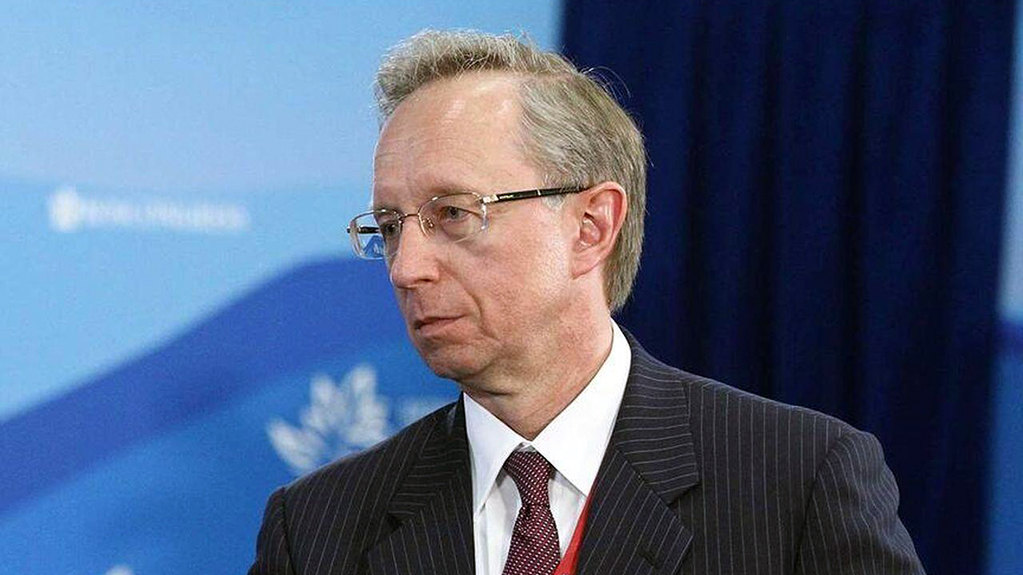The 62nd round of the Geneva International Discussions took place in Switzerland on November 5-6. At the meeting, Georgia raised the issues of fulfilling the August 12, 2008 agreement and ensuring the return of internally displaced persons (IDPs) to their homes. Russia, in turn, demanded guarantees from Tbilisi on the non-use of force and the start of border delimitation with the so-called occupied territories.
News
"During the negotiations, the Georgian delegation highlighted the grave security, humanitarian, and human rights situation in the occupied regions, as well as the destructive actions of the occupation regimes," stated the Ministry of Foreign Affairs of Georgia.
The Georgian delegation included Deputy Minister of Foreign Affairs Lasha Darsalia, Chairman of the Government of the Autonomous Republic of Abkhazia Levan Mgaloblishvili, and Head of the Administration of the Temporary Administrative-Territorial Unit in the former South Ossetia Autonomous District Tamaz Bestaev.
"It is regrettable that the representatives of the occupation regime, upon reaching the critical issue of the negotiations regarding the return of internally displaced persons and refugees from the occupied territories to their homes, once again left the negotiation table," the Ministry of Foreign Affairs of Georgia stated.
According to the Ministry of Foreign Affairs of the Russian Federation, the Russian side "emphasized the importance of translating Tbilisi's conciliatory signals into practical actions, consolidating and advancing them with concrete steps." By "concrete steps," Russia refers to signing a legally binding document on the non-use of force with the regions occupied by Georgia, as well as initiating the process of state border delimitation.
"The urgency of these tasks stems from official Tbilisi's recognition that there are political forces within Georgia and beyond its borders planning to open a 'second front' against Russia in Abkhazia and South Ossetia," noted the Ministry of Foreign Affairs of Russia. The Russian delegation at the Geneva talks was led by Deputy Minister of Foreign Affairs Mikhail Galuzin.
Regarding the security situation on the ground, the Russian side stated that, according to most participants, the situation "is generally relatively calm."
According to the Russian side, the "highly politicized resolution" submitted annually by Tbilisi to the UN General Assembly on internally displaced persons and refugees remains an obstacle to progress on the humanitarian front.
Representatives of Russia, along with the so-called Republics of South Ossetia and Abkhazia, once again raised the proposal to move the negotiations from Geneva to a location "acceptable to all parties" and urged a substantive discussion on this matter. The Russian Ministry of Foreign Affairs cited Switzerland's adherence to the EU's "illegal anti-Russian sanctions" as grounds for changing the venue, stating that Switzerland has thereby "effectively lost its neutral status."
The next, 63rd round of negotiations is scheduled for March 2025.
The Geneva International Discussions were established based on the ceasefire agreement reached on August 12, 2008, mediated by the European Union. The negotiations are co-chaired by the European Union, the United Nations, and the OSCE, with representatives from Georgia, the United States, the Russian Federation, as well as Abkhazia and the Russia-occupied Tskhinvali region participating.















